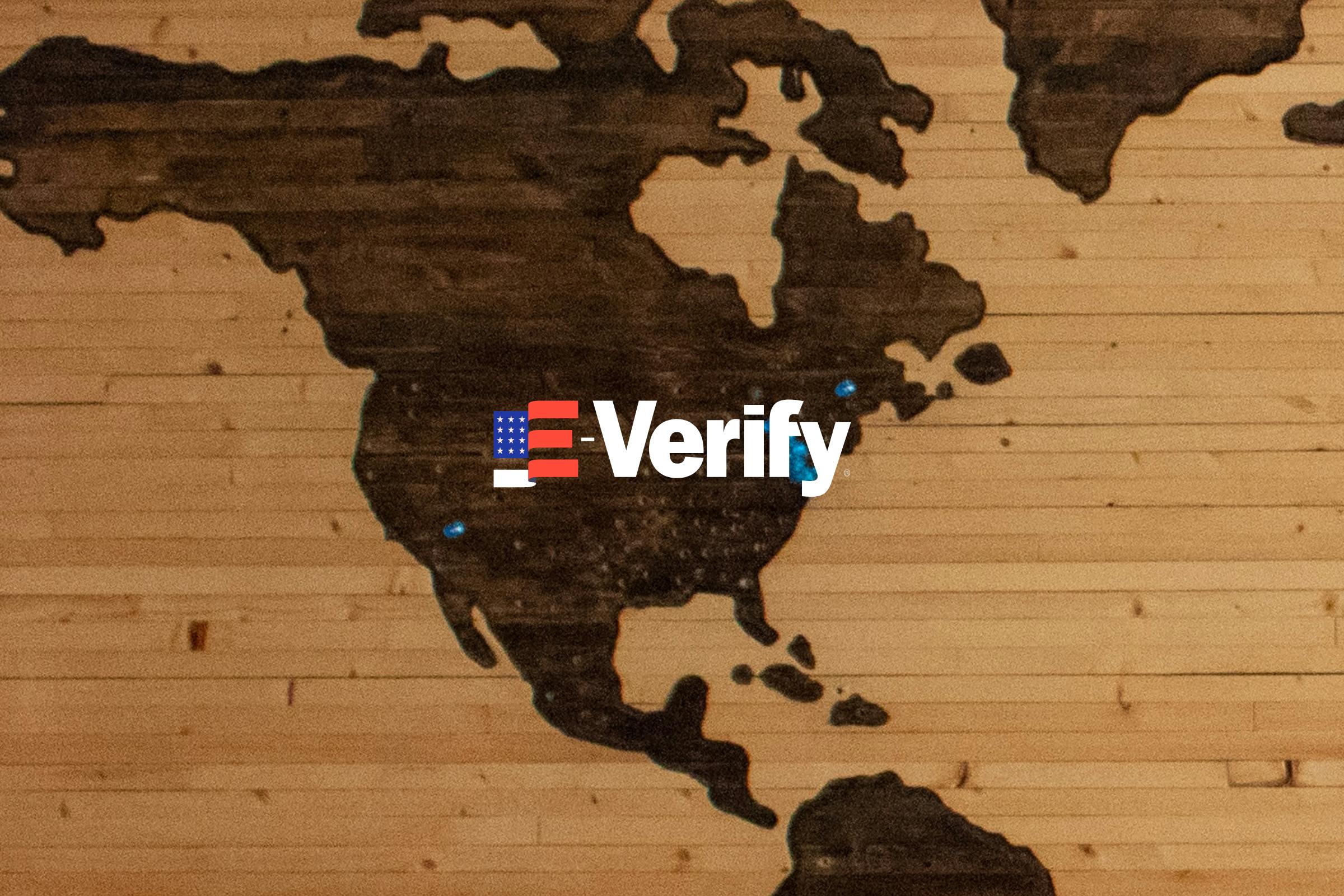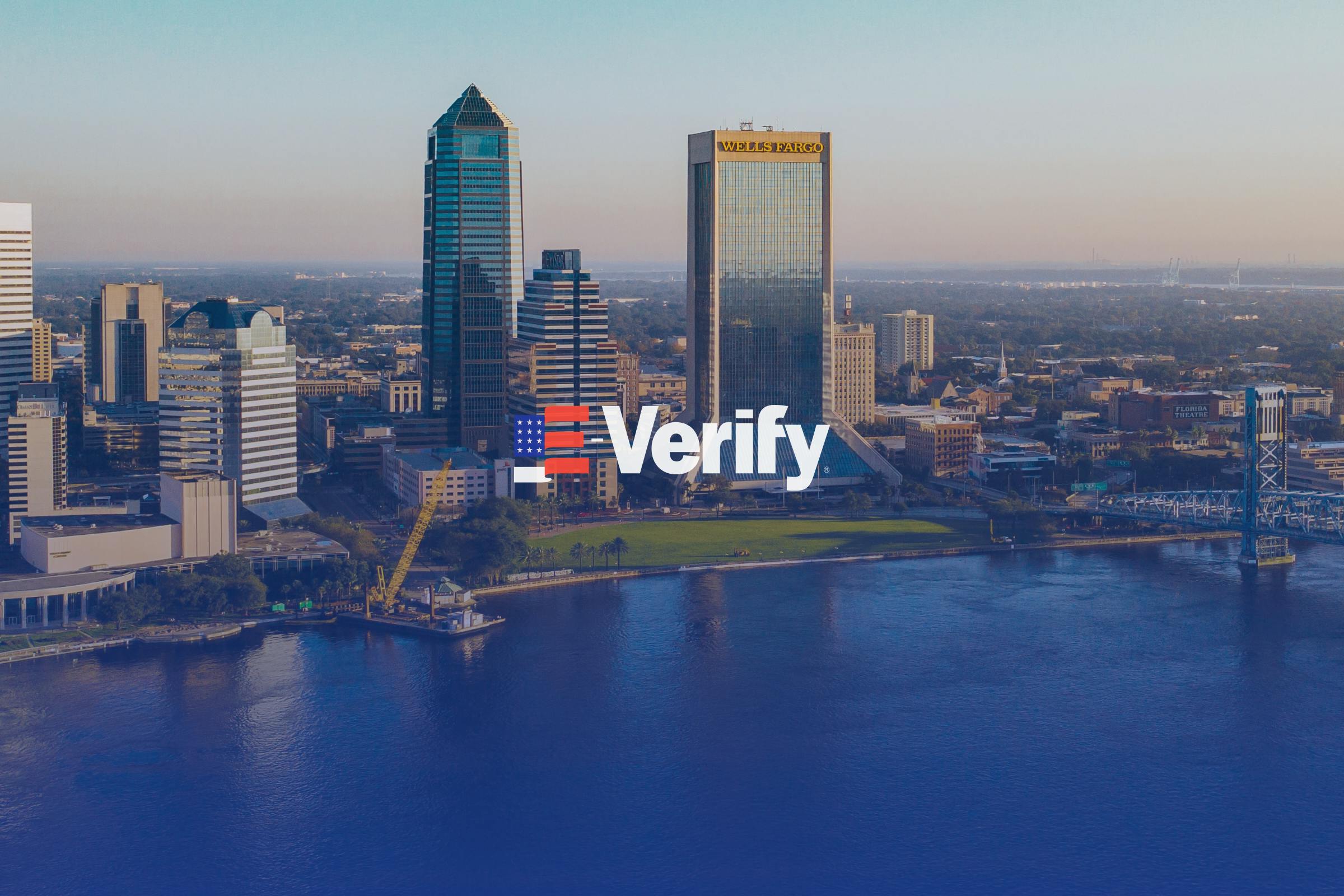Accessibility of Artificial Intelligence
It’s incredibly challenging to find a part of the world that artificial intelligence hasn’t touched. AI exists anywhere you see wireless access, internet capabilities, and computer systems. Even third-world countries recognize the need for technology to access medication and other survival necessities.
AI is an integral feature, necessary to every part of the supply chain as the industrial world continues to expand its reach. However, this implementation includes juggling red tape, such as tax laws, government regulations, and immigration requirements. With more people willing to cross borders to pursue their professional and personal goals, thanks to AI, the immigration system must adapt to keep up with the demand.
This has meant a shift toward AI-powered solutions, from communication between government branches and applicants to streamlined financial transactions. Let’s take a look at the more recent adaptations of AI into the immigration system.
Immigration Regulations
As the trends change in society, so must immigration regulations. Demand for more foreign labor, cybercriminal activity, and security all require adapted, up-to-date processes in the immigration sector.
This adaptation is visible in the US under the Biden Administration. Via a series of executive orders, changes in policies have relaxed certain stringent policies that were enacted during the Trump Administration. It is currently easier for skilled workers to obtain H-1B visas, and the DACA program was restored, although it is in the high courts to determine its legality. Both of these policies rely on AI to streamline procedures and ensure efficiency in verifying immigrant identity and enforcing regulations.
But these changes aren’t limited to the US. Canada’s government is pro-immigration, enacting programs that are designed to attract and keep skilled foreign workers and recent international graduates via the Global Talent Stream and the Express Entry system. Similar platforms have been effective in the UK, Australia, and Singapore, where immigration rules now prioritize skilled workers over underskilled labor. Flexible immigration policies encourage foreign workers, giving them more options.
How AI is Revolutionizing These Policy Changes
Without a plan and workflow, opening a country to more immigrants becomes an invitation for a long wait and an increased backlog of petitions. However, artificial intelligence reduces the need for manual labor on routine tasks and increases the decision-making process for government immigration officials.
Through AI systems like data analysis features, chatbots, and cloud computing, those in charge of adjudicating petitions or planning legal steps can eliminate much of the busy work. AI helps identify patterns, predict outcomes, comply with all regulations, and more.
Through the strategic use of AI systems, the immigration industry will see benefits like enhanced data accuracy, reduced wait time for standard applications, increased efficiency, and cost savings.
What’s Next?
Thanks to AI systems, foreign workers can trust in the accuracy of their petition requests and responses. The risk of manual errors is reduced, and these laborers can transfer their visas from one employer to another and make other changes using online technology.
AI also ensures state-of-the-art security, watching for potential fraud and data breaches and instantly alerting immigration authorities. In the legal sector, advanced immigration legal firms like Visa2US use AI to better our customer experience.
Should you need to apply for an H-1B visa, take advantage of our streamlined contact processes to connect with our expert immigration attorneys. We can answer your questions, discuss your potential solutions, and offer support in real-time, 24/7.
When you’re ready to take your career to the next level and see how changing immigration policies can help you excel with an H-1B visa, contact Visa2US!














